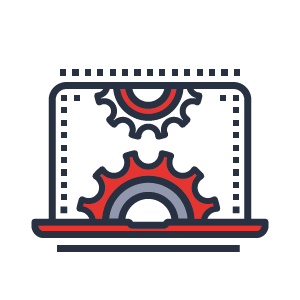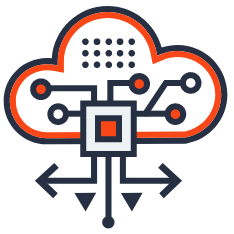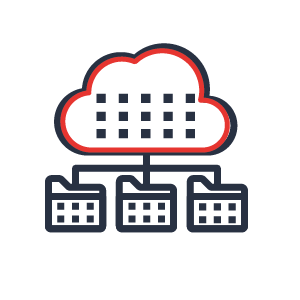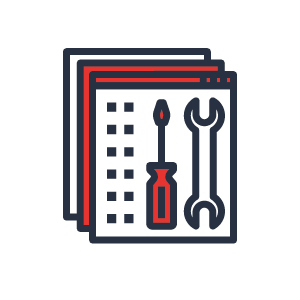83% of businesses are now focused on digital innovation. In disrupting the world of work, the pandemic has triggered a tsunami of automation. Let’s look at how your organisation can harness technologies like RPA, low-code automation and AI to become more efficient, agile and competitive in 2021 and beyond.
The pace of technology adoption has picked up speed during the global Covid-19 crisis. Disruption, resource constraints and an urgent need to pivot business models have galvanised many organisations to fast-track their digital transformation plans.
To investigate this trend, UiPath commissioned Forrester Consulting to survey 160 decision makers from operations groups, shared services, finance and other lines of business in the UK, France, Germany, Japan and the US. Their study shows that the pandemic has prompted companies to rapidly digitise and transform working processes.
Globally, there has been more digital transformation activity during 2020 than there has been in the past five years. As many as 83% of the companies surveyed say digital innovation will be a key business priority over the next 12 months.
Their aim? To make outdated processes more efficient, and new business models possible.
RPA unlocks transformation opportunities
Close to half of the organisations surveyed (48%) plan to increase their spend on robotic process automation (RPA) in the next year.
To understand why, let’s recap the benefits of RPA.
RPA technology allows you to build software robots that automate the routine, repetitive tasks that sap your time and energy. By executing these tasks quickly, accurately and tirelessly at high volume, you can boost productivity and ensure processes keep running, despite workforce disruptions.
RPA also liberates your people from repetitive, manual work, so they can be more productive in other areas where more complex skills are required. Overall, RPA enables you to reduce operating costs, and become more agile and resilient in an unpredictable environment.
Top reasons for adopting RPA include:
- Increasing agility and resilience
- Addressing cost pressures
- Supporting IT processes
- Expanding self-service capabilities
- Empowering remote teams.
RPA is appealing to enterprises of all sizes because it delivers results fast. You can rapidly automate tasks to save time or cope with new challenges. Alternatively, if you want to take advantage of new patterns in demand, you can use RPA to ramp up capacity quickly, without increasing headcount through traditional hiring or outsourcing routes.
Scaling beyond quick wins
According to the UiPath/Forrester report, companies will invest in intelligent automation over the next 12 to 36 months to improve business resilience, minimise the risk of human error and operate productively despite resource constraints.
Intelligent automation is an innovative approach that ties together several process automation capabilities, creating a technology foundation that digitises, optimises and automates work at speed and scale.
For example, once you have started with RPA and achieved your most pressing priorities, you could amplify transformation by adding low-code automation and AI. Together, these solutions allow you to tackle more problems and automate more complex processes.
Low-code automation democratises the application development process, allowing you to quickly create custom apps, digital forms and automated workflows with little to no need for code. As a modern business process management (BPM) solution, this technology provides process orchestration capabilities. This means you can build solutions that manage hand-offs between people and machines, as well as connect data and content management systems to completely transform the way your teams work and serve customers.
And when you’re ready, RPA and low-code automation solutions can be embedded with machine learning, natural language processing, optical character recognition, sentiment analysis and other AI capabilities. These layers of intelligence help to create automation systems that can process unstructured data, interact with customers and analyse data.
Thinking long term
It’s important to recognise that this automation drive is not just a short-term pandemic response effort. Once companies experience the advantages of automation, it seems unlikely that they will ever go back to the manual, outdated ways of working that seemed acceptable before the crisis.
The world of work is changing and it’s vital to keep up. Now is the time for your company to move beyond any makeshift measures or short-term solutions you may have put in place to cope with new Covid-19 realities, and put a sound digital transformation strategy in place to support greater resilience and competitiveness going forward.
As a certified UiPath Partner with extensive expertise in RPA, low-code automation, AI and other technologies, Velocity IT can work closely with your IT and business domain experts to drive intelligent digital transformation in your organisation.
Whether you want to save time and cut costs, run processes remotely, tap into a new market or completely innovate your operations, we can help you make it happen.
Source: https://www.uipath.com/resources/automation-analyst-reports/future-of-employees-rpa-forrester-report







